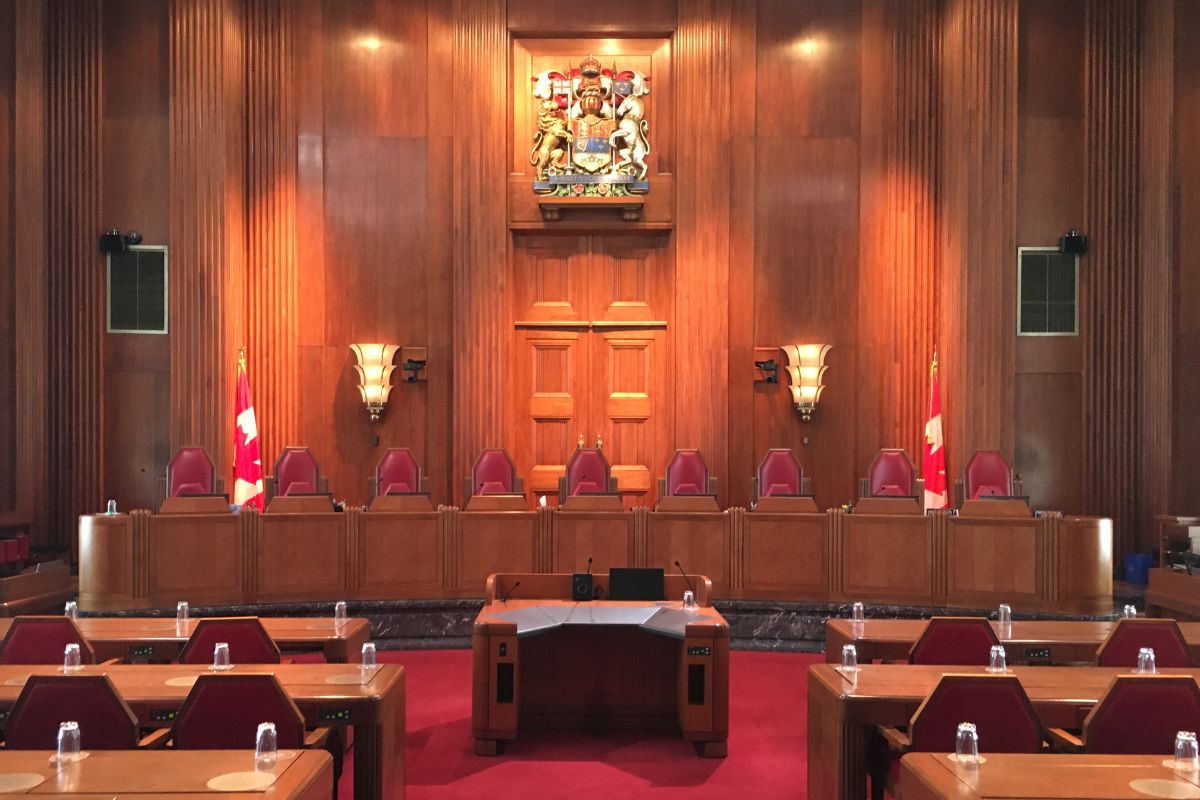Pennsylvania Supreme Court to Review Suicide Ruling of Woman Stabbed 20 Times
The Pennsylvania Supreme Court has agreed to hear an appeal from the family of a first grade teacher found dead with 20 stab wounds in 2011. The death was initially determined to be a homicide before the medical examiner changed it to suicide after police objected. Death rulings can matter significantly for a survivor’s ability to access insurance and victim’s funds.
In 2011, Ellen Greenberg was found in her apartment with a 10-inch knife lodged in her chest. She also had 20 stab wounds, including 10 to her back and neck, and bruises on her right side. Her boyfriend reported that her apartment was locked form the inside after he broke the door down. Police claim that he had no defensive wounds when they spoke with him. Residents did not hear any commotion the night Greenberg died.
Philadelphia Medical Examiner Marlon Osbourne initially determined that Greenberg’s death was a homicide. After police challenged the findings though, Osbourne switched the ruling to suicide. The Medical Examiner’s Office partly relied on the findings of an outside neuropathologist, Dr. Lucy Rorke-Adams, who allegedly determined Greenberg’s spinal cord wasn’t damaged by the wounds to the back of her neck, which would have allowed her further stab herself after the initial back wounds.
 Investigation and Lawsuits in 2019
Investigation and Lawsuits in 2019
In March 2019, The Philadelphia Inquirer published a front page article with several notable forensic scientists claiming that the evidence pointed to a homicide. Some of the scientists pointed to the fact that some of the stab wounds penetrated her brain as to why the case was likely a homicide. The Inquirer also spoke with Dr. Rorke-Adams, who claimed to have no recollection of the case nor did she produce a report or an invoice for her work on the Greenberg case.
In October 2019, Greenberg’s parents filed a lawsuit seeking to have Osbourne’s ruling changed back to homicide. The city objected, arguing that state law “makes clear that a medical examiner can be wrong as to the manner of death yet cannot be compelled to change it.” Trial was set for 2021, though the City of Philadelphia appealed the trial court’s decision to allow the case to proceed to trial despite the City’s efforts to have it dismissed. The appellate court reluctantly ruled in favor of the City, though it strongly criticized the City’s initial investigation.
The Pennsylvania Supreme Court agreed to hear the appeal and whether “executors and administrators of an estate have standing to challenge an erroneous finding recorded on the decedent’s death certificate where that finding constitutes a bar or material impediment to recovery of victim’s compensation, restitution or for wrongful death, as well as private criminal complaints.”
In August 2022, the Chester County District Attorney’s office announced it would reopen the investigation into Greenberg’s death. Shortly afterward, the Pennsylvania Attorney General’s Office relinquished the case due to an “appearance of” a conflict of interest.
The case has garnished nationwide interest. The Pennsylvania Attorney General’s Office was run by now Pennsylvania Governor Josh Shapiro in 2019. Governor Shapiro was a leading contender for Vice President to Vice President Kamala Harris’ Campaign for President in 2024.
Should Medical Examiners Have Absolute Discretion in Determining the Legal Cause of Death?
There are many legal and political reasons why the manner of death may be significant. In this case, a homicide and suicide is the difference between a victim’s fund and life insurance or being denied such compensation. It is also gravely insulting to a family that someone who had the type of injuries that Ellen Greenberg did could be called a suicide. Greenberg had no reported mental health issues and she was engaged to her boyfriend in 2011, none of which lends itself to a potential suicide.
Medical examiners should be protected to maintain objectivity. Examiners may occasionally need to be protected from pressure from politicians, churches, or even family members. During the COVID pandemic, many politicians and even family of COVID victims wanted the cause of death to be anything other than COVID-19. The manner of death is also significant for many religions – last rites and even funerals at a church may be denied if the death was a suicide.
However, medical examiners may not always be correct. They may not even be qualified. In many states, including Pennsylvania, medical examiners are often an elected position. Such examiners are subject to the same political pressures as other politicians. If a medical examiner is an elected position, anyone can run for that office and win, even if they lack a medical degree.
To protect the integrity of medical examiners, the examiners should follow a bureaucratic hiring process rather than be an elected position. Medical examiners should be hired by local governments based on their resumes and experience, just like most doctors and nurses. When a medical examiner makes a ruling, their ruling should be given deference as the correct ruling. Challenges should be limited to those with a direct interest, such as the estate of the deceased and any insurance carriers who might have to pay out benefits such as life insurance. The burden should be on the challenger to prove the examiner was incorrect and the challenger should do so with clear and convincing expert medical opinions.
Do I Need a Lawyer for the Probate Process?
It is essential to have the assistance of a skilled probate lawyer for any probate issues. As noted above, the probate process may be time-consuming, expensive, and complex. An attorney can help you with the filing process and ensure your interests are protected.


Comments